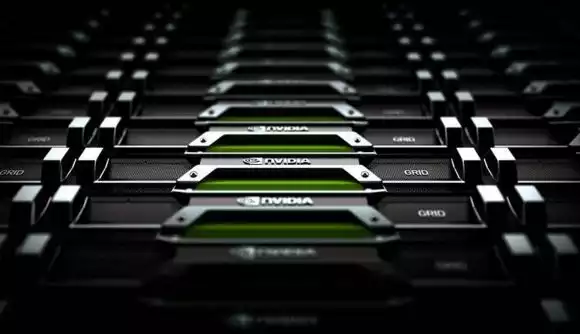You don't have to choose between Linux and Windows anymore, if you want to work in Linux and game in Windows, you have a choice in 2021 Nvidia has made it possible to provide a Windows VM for your Linux system with one card's worth of GeForce graphics performance, so the list just got a little bigger.
Nvidia has now enabled GPU pass-through support (beta) for Windows virtual machines on GeForce graphics cards. This effectively means that you can run a Linux machine, run a virtual Windows machine inside it, and have unfettered access to the graphics card.
Specifically GeForce graphics cards, not Nvidia's expensive enterprise-grade GPUs; Nvidia has so far kept most virtualization features out of the hands of gaming card owners, instead offering them on Quadro, Tesla, and other enterprise cards because they offered it on their enterprise cards.
Nvidia touts this as a win for gamers who want to use Linux primarily without losing access to their games, and for game developers who want to test both platforms on one system.
There is one drawback, however, which is slightly exacerbated by today's GPU shortage: if you intend to take full advantage of this feature, you will need two GPUs, one for the Linux machine and one for the Windows VM. An enterprise-grade GPU would open the door to further VM and virtualization capabilities, but would still be preferable to an expensive Quadro card.
However, as long as the two cards function independently of each other, we see no reason why they cannot be different cards. This may therefore be useful if you have an older card that has recently been upgraded and has nowhere to go. There is also the possibility of using an integrated GPU on the CPU for the host machine, but be prepared to add more complexity to your system to get it up and running.
AMD also offers compatibility for gaming graphics card pass-through. So if you're Team Red, you have options.
Currently, the most popular VM alternative for playing Windows games on Linux machines is Proton, a facet of Steam Play. It is effectively a compatibility layer integrated into the Steam launcher that allows you to play games from a Linux build as if it were a Windows machine. It is built from a modified version of the Wine compatibility layer.
So if you simply want to play Windows games on your PC, Steam Play may suffice. However, if you have a reason to get into VMs, you might want to take a look at Nvidia's latest drivers (R465 and above).


Comments